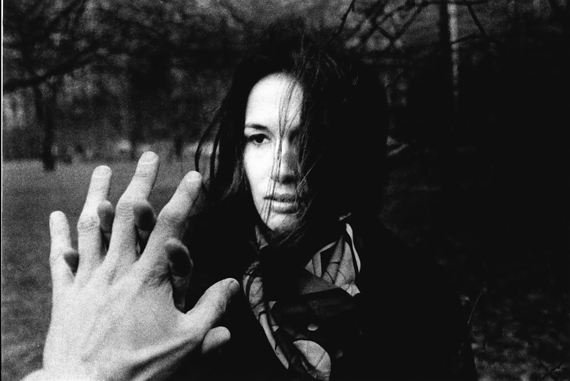Ralph Gibson is an acclaimed photographer who has over six decades of experience in photography. He started photography when he was in the Navy and has won dozens of prestigious awards. In this brief interview with COOPH he discusses the principles on which he built his career:
Include a Point of Departure
The first advice that Gibson gives to photographers is to have a point of departure. It means to always have a specific concept or a project in mind and to take images that are in cohesion with the idea of your project. Getting out and shoot anything you might find interesting won’t help you in developing your style as a photographer.
Seek a Relationship to the Subject
Photography is more about the photographer’s relationship to the subject than a technical thing. Make an effort to interact more with your subject and get them comfortable with you. This will allow you to capture genuine emotions and expressions and make your photography stronger.
Decide What to Photograph
With the convenience of digital photography, it’s not about how to photograph but more about what to photograph.
“If I go out today to do some architecture photography, I’ll say to myself, ‘Is it the who or the what I’m photographing in this architecture? What is it I’m looking for in this architecture?'”
Like with a point of departure, you need a concept to photograph. Be clear on what you want to shoot for the concept and decide accordingly.
Establish a Visual Signature
Every famous photographer has a unique visual signature of their own. Everyone has a different way of looking at things. And they portray what they perceive through their photographs.
“In order to have a visual signature I believe it’s important that the photographer wants one very badly. He or she must want their pictures to look different from everybody else’s.”
So make an effort to visualize things in a unique way and capture them. This is easier said than done but will yield the greatest results.
Don’t Listen to the Critics
There is a reason or a story behind every photo that you take. You know why you took the photo and when others critique the image they are going to tell you what they think of the photo but will have no idea why you took it.
“I know what I think of the picture before I release it, because if you listen to what other people say, you’re not going to really know very much about your own work.”
Learn the Language
As an artist, it is essential that you keep yourself inspired. In photography, when it is easy, it is as easy as just releasing the shutter. But always make an effort to keep yourself inspired.
“I had learned a lot about how film describes things in 55 years in the darkroom and now I’m learning how digital describes things, and I enjoy that very much—the language of digital.”
Gibson’s words are deep and meaningful. His insight is sure to inspire and guide you through the realms of art and photography.
Like This Article?
Don't Miss The Next One!
Join over 100,000 photographers of all experience levels who receive our free photography tips and articles to stay current:








Leave a Reply